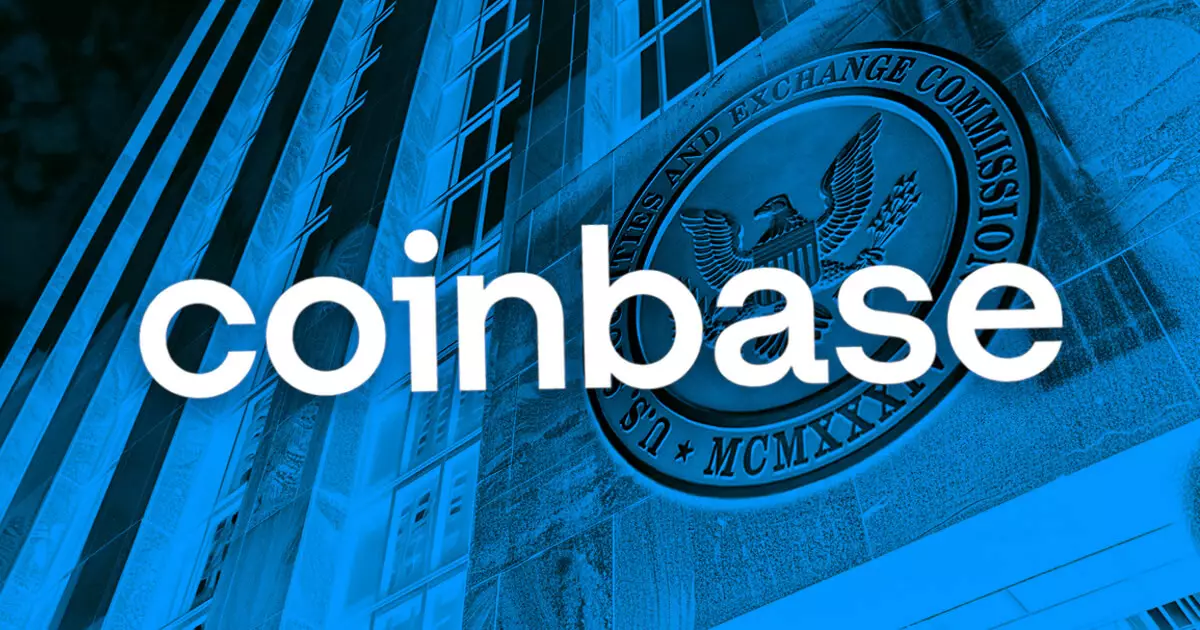As the cryptocurrency market continues to evolve, regulatory bodies are increasingly seeking to assert control over digital assets. One of the most significant legal battles currently underway involves the United States Securities and Exchange Commission (SEC) and Coinbase, one of the largest cryptocurrency exchanges in the US. Since the SEC initiated litigation against Coinbase in June 2023, the case has become a touchstone for the ongoing debate surrounding the regulation of cryptocurrencies. A recent development in the case involves the SEC’s request for a four-month extension to complete fact discovery, which raises critical questions about the nature of regulatory oversight and the future landscape of digital asset trading.
The SEC’s Request for an Extension
On September 18, 2023, the SEC formally submitted a request to Judge Katherine Polk Failla for an extension of the fact discovery deadline from October 18, 2023, to February 18, 2025. This move was prompted by the SEC’s need to sift through an overwhelming amount of additional documentation—specifically, 133,582 unique documents identified for review. The agency emphasized its commitment to complying with court-mandated discovery requirements, asserting that it has already produced “hundreds of thousands” of documents for Coinbase’s review.
The request signals not only the extensive nature of the regulatory investigation but also the SEC’s recognition of the complexities involved in categorizing various digital assets under existing legal frameworks. The agency’s proposal to amend the Civil Case Management Plan to extend all future deadlines by an additional four months illustrates an effort to balance rigorous regulatory standards with the necessity of due process in legal proceedings.
Coinbase has consented to the SEC’s request for an extension. This cooperation could indicate a strategic approach by Coinbase to allow more time for both parties to prepare their cases adequately. At the heart of the dispute lies the SEC’s allegations that Coinbase has operated as an unregistered securities broker by offering digital assets that the agency classifies as unregistered securities—a claim Coinbase vehemently disputes.
Coinbase argues that the assets on its platform do not fit the legal definition of securities established under the Howey Test, which determines whether an investment qualifies as a security based on the expectations of profit derived from the efforts of others. The company maintains that it operates within the parameters of existing laws, asserting that the SEC’s interpretation is an overreach of its regulatory authority.
The implications of this case extend far beyond Coinbase. If the SEC prevails, it may pave the way for increased scrutiny and regulation of digital assets, which could significantly affect how cryptocurrency exchanges operate in the US. On the other hand, a victory for Coinbase could establish critical legal precedents that provide greater clarity regarding what constitutes a security in the context of digital currencies and potentially limit the SEC’s regulatory reach.
The ongoing litigation represents a pivotal moment in the dialogue between cryptocurrency innovators and regulatory authorities. The fact that both parties engaged in extensive document reviews and cooperation efforts reflects the high stakes involved. As the case progresses, the outcomes will not only impact Coinbase but also set important precedents for the cryptocurrency industry at large.
In light of recent events, the cryptocurrency landscape is undoubtedly at a crossroads. The SEC’s litigation strategy, coupled with Coinbase’s proactive approach to challenging regulatory interpretations, signifies an emerging battleground over how digital assets will be classified, governed, and regulated in the future. As the SEC continues to navigate its mandate of protecting investors while fostering innovation, all eyes will remain on the unfolding events in this landmark case, which could very well determine the future of cryptocurrency regulation in the United States.













